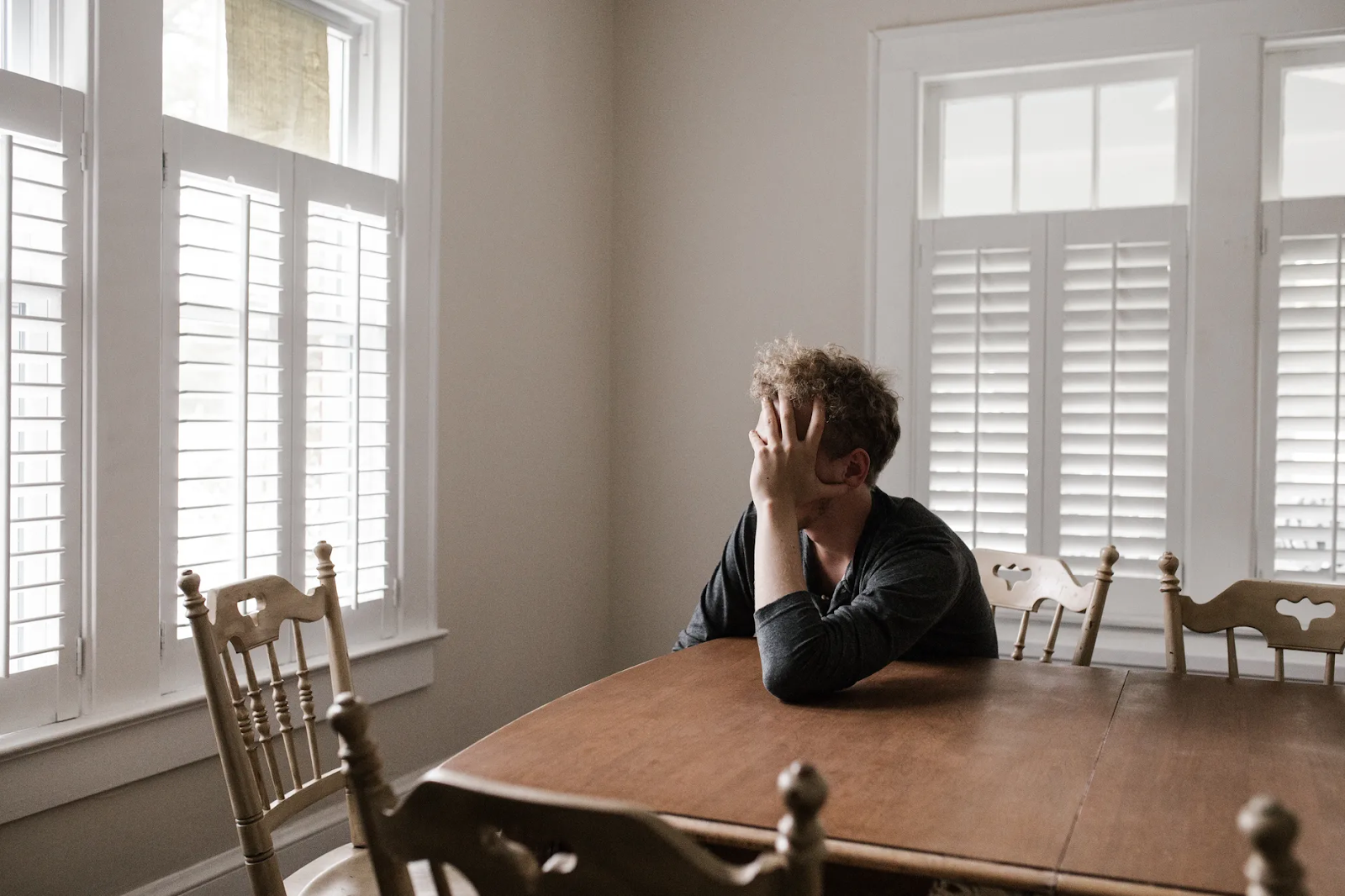When COVID-19 was first reported on December 31, 2019, nobody expected it to spread so fast nor spread so far. And they certainly didn’t expect it’s effects to last so long. Even though most countries were aware of the virus months earlier, the sudden shutdowns that started occurring still seemed like they came out of nowhere. As a result, many people felt like their lives were uprooted in a heartbeat, everything from education to employment to entertainment coming to a screeching halt.
COVID-19 and its subsequent lockdown caused many changes in many lives, and while change isn’t necessarily bad and people will always have to deal with it, not everyone can adapt quickly and healthily. Humans are creatures of routine, and having what we consider “normal” disrupted, whether that be having to avoid a restaurant you used to always frequent or getting your class schedule messed up over remote learning, can have detrimental effects on our mental health and overall well-being.
With all this anxiety, uncertainty, and disorientation running rampant, it’s no surprise that many people have developed an adjustment disorder linked to the sudden changes brought about by COVID-19. As with any mental disorder, an adjustment disorder can bring with it fear and more anxiety. But don’t worry, there are resources out there to help guide you through these troubled times.
What is an Adjustment Disorder?
According to John Hopkins University, an adjustment disorder is a stress-related condition in which a person experiences an excessive emotional or psychological reaction to an event or change in life within three months of the trigger’s happening.
Adjustment disorders impact the way you perceive and feel about yourself and the world, subsequently influencing your behavior as well. As described by the Mayo Clinic, common symptoms include:
- Feelings of sadness and hopelessness
- Feelings of anxiety and stress
- Inability to enjoy things you used to enjoy
- Difficulty completing daily activities
- Withdrawal from social circles
In the Diagnostic and Statistical Manual of Mental Disorders (DSM-5), the American Psychiatric Association describes the criteria for diagnosis as:
- Symptoms appear within three months of the stressor
- The symptoms are “clinically significant,” as demonstrated by the following:
1) Distress that is out of proportion given the stressor, even after accounting for external context and cultural factors
2) Difficulty functioning in social, occupational, or other important contexts - The disturbance is not indicative of another mental disorder or an exacerbation of a preexisting condition
- The symptoms are not characteristic of normal grief
- Symptoms do not last for more than six months after the stressor (or its effects) have ended

The DSM-5 further divides adjustment disorders into six subtypes, based on primary emotions and behaviors expressed during this period.
- With depressed mood
- With anxiety
- With mixed anxiety and depressed mood
- With disturbance of conduct (e.g. fighting, reckless driving, truancy, vandalism, etc.)
- With mixed disturbance of emotions and conduct
- Unspecified
How to Cope During This Time
While adjustment disorders can result from a variety of life stresses, ranging from divorce to job loss to natural disaster, they’ve taken on a particular flavor in the new “normal” of this COVID-19 world, exacerbating pre-existing issues and erupting a horde of new ones.
In Italy, a questionnaire assessing the mental health effects experienced by the Italian general public three to four weeks into lockdown was given to 18,147 individuals. Though this survey has yet to be peer-reviewed and should not be used to guide clinical practice, it’s staggering numbers give a good idea to the negative impact of COVID-19 stress on mental health. 4,092 (22.9%) of the respondents exhibited symptoms of an adjustment disorder, among symptoms of other conditions such as post-traumatic stress disorder (PTSD), depression, anxiety, insomnia, and perceived stress.
Furthermore, the questionnaire found that common causes of these symptoms were quarantine, working more than usual, and the death of loved ones from COVID-19 related complications–all problems plaguing other worldwide populations as well.
Though these things may seem out of your control, steps can be taken to limit the negative impact of adjustment disorders on your life. If you find that you’re experiencing large amounts of worry and fear over the pandemic, trouble interacting with friends and family, or decreased performance at or motivation for work or school, and you can pinpoint the source of these concerns to a recent occurrence, it may be a good idea to contact a mental health professional for diagnosis or a general checkup.

However, steps can also be taken on your own to “normalize” the current situation. Obviously, we all want this pandemic to be gone as soon as possible, but by accepting some aspects of the world as they really are and working toward stabilizing and reestablishing yourself can be a great way to cope and prevent mental turmoil.
As Laura Sladky, a licensed counselor in Dallas, Texas, cites from one of her favorite books, The Upward Spiral: Using Neuroscience to Reverse the Course of Depression, One Small Change at a Time by Alex Korb, there are little things we can do as individuals every day to improve our neurochemistry and feel happier and function better. Some advice she found most helpful are as follows:
- Move your body: “Movement increases the firing rate of serotonin neurons, which causes them to release more serotonin.”
- Set goals and work toward them: “We are often under the impression that we are happy when good things happen to us. But in actuality, we are happiest when we decide to pursue a particular goal and then achieve it.”
- Get some sunshine: “Bright sunlight helps boost the production of serotonin. It also improves the release of melatonin, which helps you get a better night’s sleep. So if you’re stuck inside, make an effort to go outside for at least a few minutes [in the middle of the] day. Go for a walk, listen to some music, or just soak in the sun.”
- Be consistent with your sleep: “[Q]uality sleep is essential for learning and memory. In particular, sleep selectively enhances memory for future-relevant information, which helps you be more effective at achieving your goals. Furthermore, sleep enhances the learning for rewarding activities, which means you’ll have an easier time focusing on the positive.”
- Be grateful: “Gratitude is powerful because it decreases envy and increases how much you value what you already have, which improves life satisfaction.”

The pandemic is scary. Quarantine is isolating. And everything is uncertain. But you don’t have to be bogged down by the clutches of an adjustment disorder. Seek professional help or take little steps toward helping yourself. Just don’t allow yourself to grow complacent during this dangerous time. Soon, you’ll be able to adapt and come out of this calamity stronger than ever.
